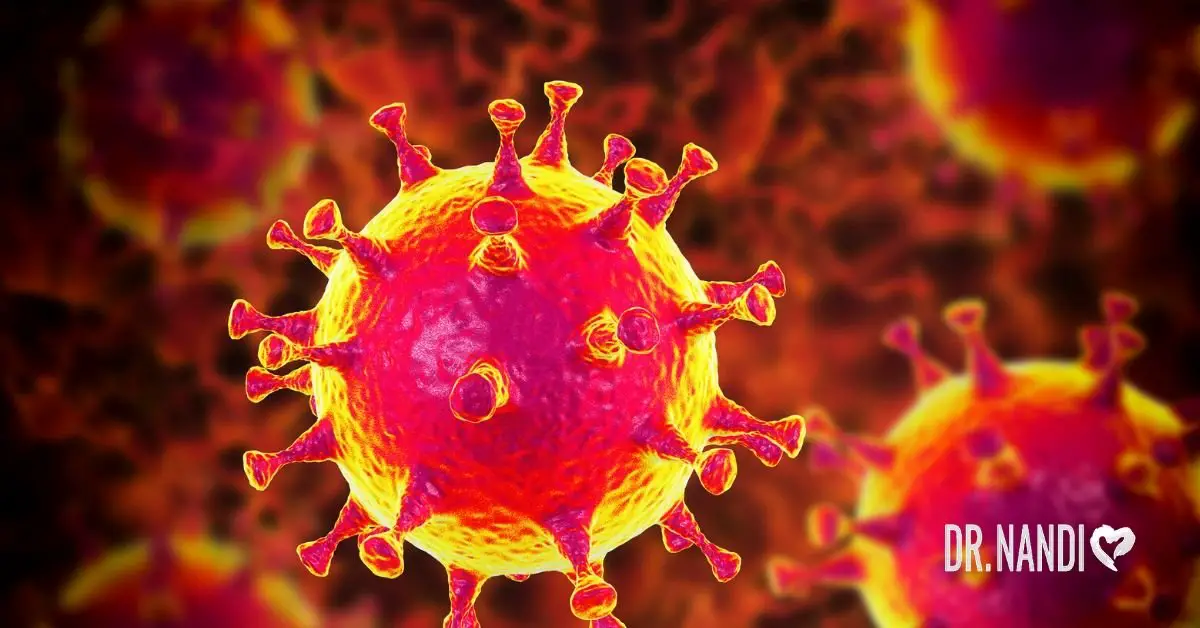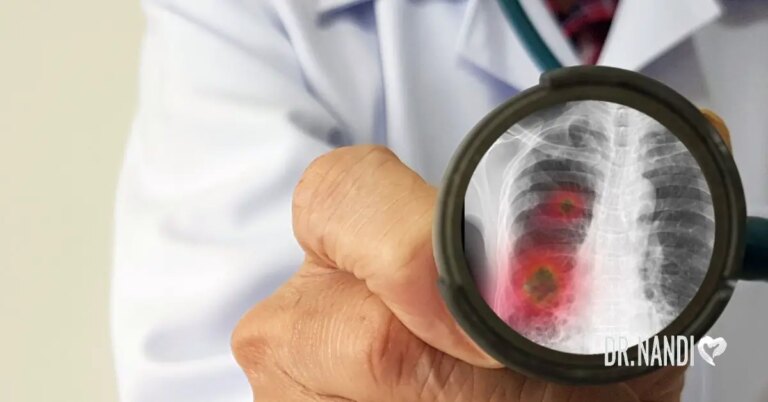Understandably so, many people have questions about the novel coronavirus. Here I answer questions about symptoms and prevention.
Question From Renee Galante – “If you lose your taste or sense of smell could you be a carrier?”
According to The American Academy of Otolaryngology-Head and Neck Surgery, this is a possibility. They’re noting anecdotal reports of anosmia, the loss of smell, and dysgeusia, the loss of taste as potential coronavirus symptoms. So, they’re not recommending that healthcare professionals consider these symptoms when screening patients for COVID-19. But, if you feel like you’re losing your sense of taste or smell – don’t panic. There are a host of other medical reasons that could be causing these symptoms. So, before jumping to any conclusions, speak with your family doctor.
Question From Arielle Belcher – “How can you tell the difference between the symptoms of the coronavirus and allergies?”
This is a great question now that spring is ramping up with warmer temperatures. If you have allergies, you’re probably familiar with their sensations. Symptoms usually include a runny nose, congestion, sneezing, itchy eyes, and, occasionally, shortness of breath. This might scare you because of the similarities some of these symptoms share with the coronavirus. So, how can you tell the difference? The runny nose is key. It’s rarely linked to coronavirus, and sneezing has not been a symptom at all. The main thing to watch out for with the coronavirus is a fever. Allergies are rarely linked to a fever. But, the main symptoms of the coronavirus are fever and dry cough. So, if you feel like you’re experiencing normal allergy symptoms and don’t have a fever, you most likely don’t have the coronavirus. Now is a good time to err on the side of caution, so if you’re unsure if you have the virus or it’s just allergies, please make sure to consult your family doctor.
Question From Felicia Jordan – “Is 6 feet really a safe distance or can you still catch the virus at that distance?”
The CDC recommends six feet separation between people because the virus is through to spread between people who are within six feet. They are basing this recommendation on studies of respiratory physiology. When someone coughs or sneezes, it’s possible for that air to travel between three and six feet. So, if you’re within that range, you’re at risk of breathing in what another person has exhaled out – including respiratory droplets contaminated with COVID-19. The good news is that these droplets don’t usually travel more than six feet – so that’s where the recommendation comes from.




















